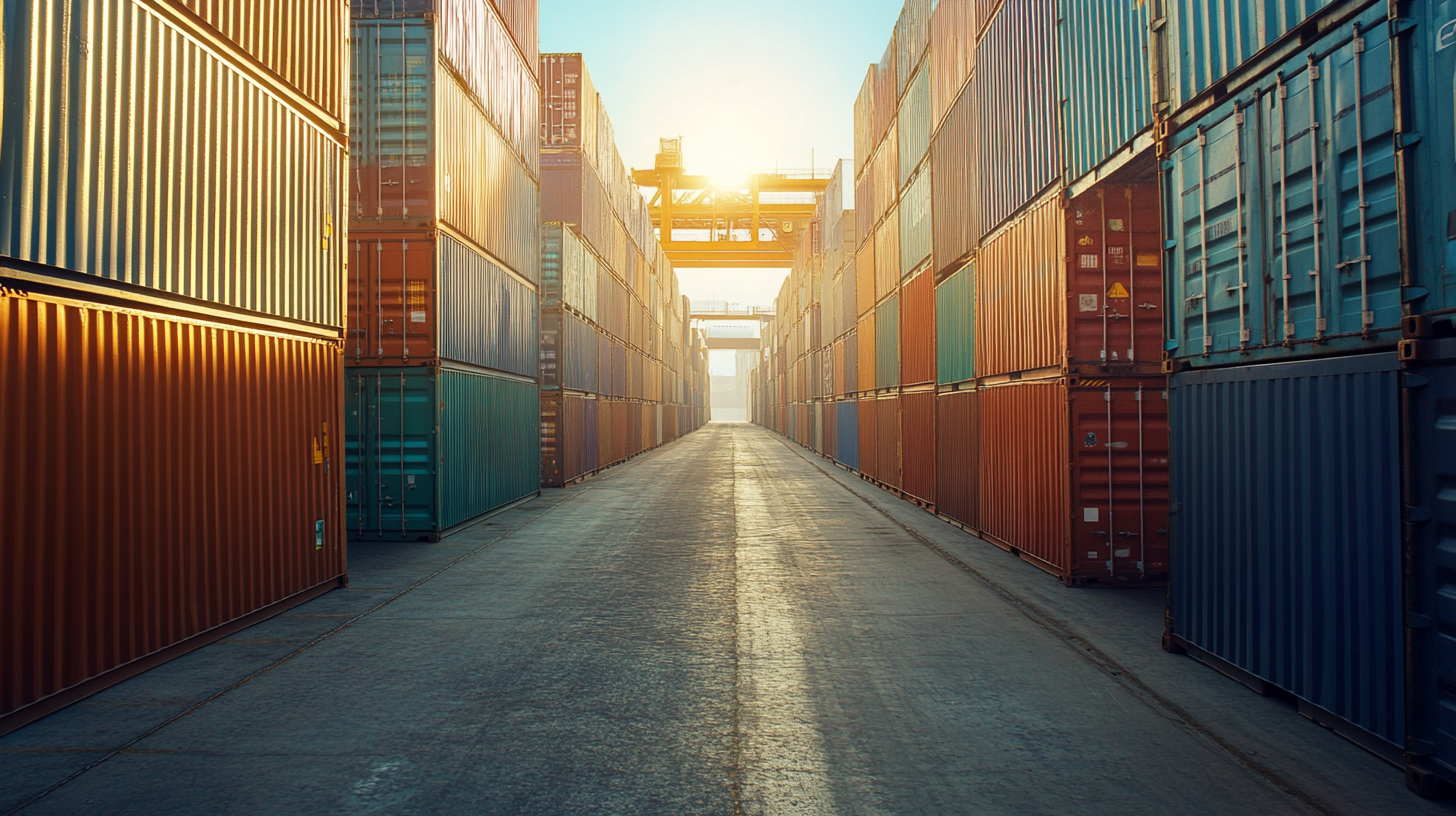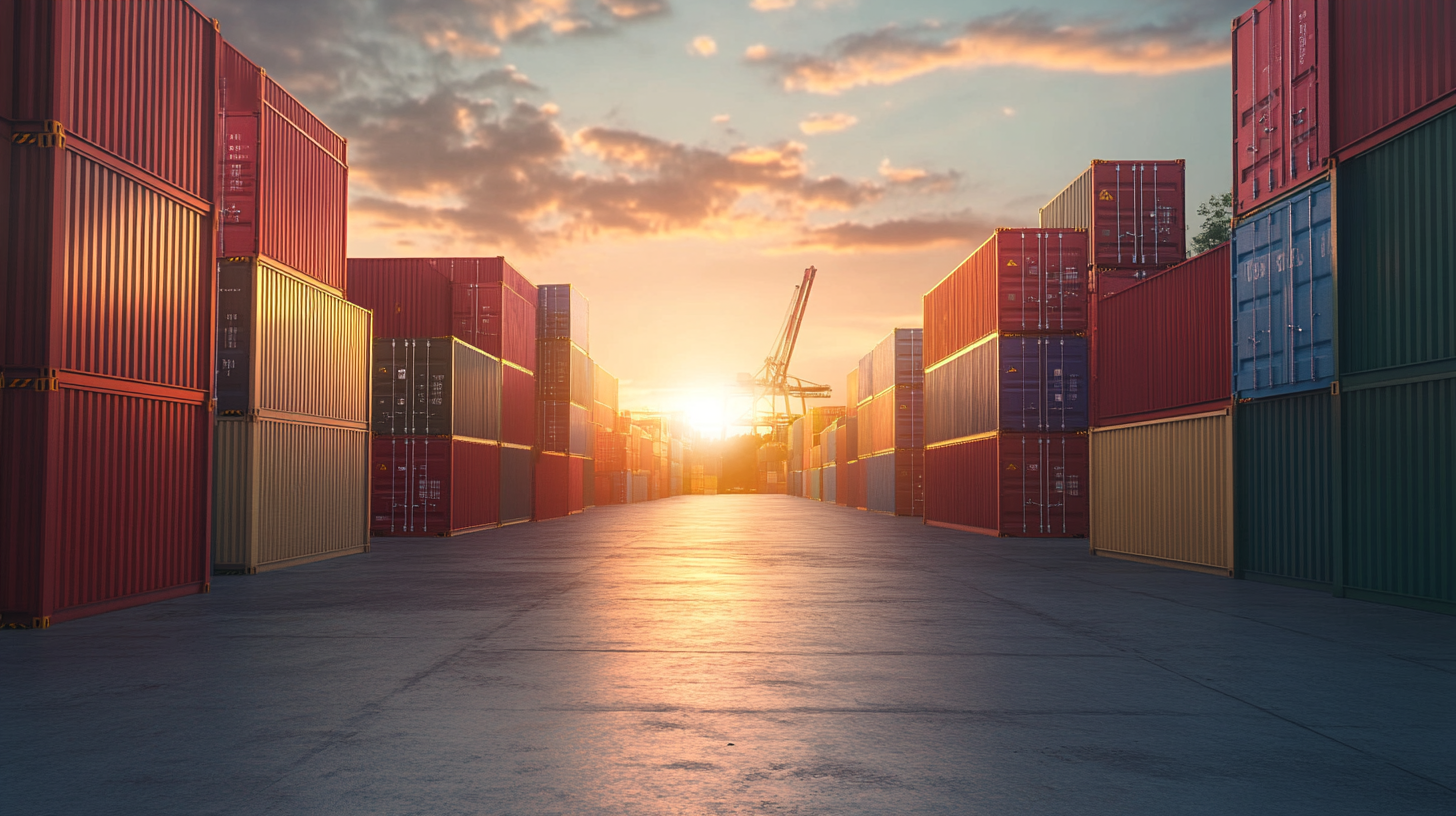Navigating Import and Export Regulations for Solar Shed Light Solutions
In recent years, the global demand for renewable energy solutions has surged, with solar energy leading the charge as a sustainable alternative to traditional fossil fuels. According to a report by the International Energy Agency (IEA), solar power generation is expected to increase dramatically, potentially doubling its share of the global electricity mix by 2030. Within this dynamic landscape, "solar shed light" solutions have emerged as innovative products that cater to both residential and commercial sectors, providing efficient and cost-effective ways to illuminate outdoor spaces while minimizing environmental impact.
However, businesses looking to import or export these solar shed light solutions face a complex web of regulations that varies significantly from one country to another. Compliance with local laws, international trade agreements, and environmental standards is critical not only for successful market entry but also for fostering sustainable practices. The World Trade Organization estimates that trade in renewable energy technologies could exceed $2 trillion by 2030, underscoring the importance for companies to navigate these regulatory frameworks effectively to capitalize on emerging opportunities in the solar market.

Understanding the Global Landscape of Solar Shed Light Regulations
The global landscape of regulations surrounding solar shed lights is evolving rapidly as the demand for renewable energy solutions grows. Countries around the world are recognizing the importance of promoting sustainable practices, leading to the establishment of various guidelines and standards. Understanding these regulations is crucial for manufacturers and distributors looking to navigate the complexities of global trade in solar products.
In regions such as Europe and North America, compliance with stringent energy efficiency standards is often mandatory. This includes certifications that ensure products meet specific environmental and safety requirements, thereby enhancing consumer trust. On the other hand, developing countries may adopt more flexible regulatory frameworks to encourage the widespread adoption of solar technologies. This contrast highlights the need for stakeholders to stay informed about local regulations, which can significantly vary from one market to another.
Additionally, international trade agreements can impact the import and export of solar products. Tariffs, quotas, and trade barriers can affect the pricing and availability of solar shed light solutions in different regions. Companies must not only be aware of these economic influences but also engage with local authorities and industry associations to stay compliant and ahead of the competition. By actively monitoring the regulatory landscape, businesses can better position themselves in the global market for solar shed lights.

Key Compliance Requirements for Importing Solar Shed Light Solutions
Navigating the import and export regulations for solar shed light solutions requires a comprehensive understanding of compliance requirements that ensure these innovative products meet global standards. With the growing emphasis on renewable energy solutions, regulators are adapting to the influx of solar technology, necessitating strict adherence to customs and safety protocols. According to a recent report on compliance requirements for importing alternative energy products, it has been noted that 70% of solar technology complaints stem from non-compliance with import regulations, underscoring the importance of thorough knowledge of legal frameworks.
Key compliance considerations include proper certification of solar technologies and adherence to international trade agreements. For instance, Article 12 of the Renewable Energy Directive mandates that solar products meet specific environmental and efficiency standards upon entry into various markets. Failure to meet these standards can lead to significant penalties, as seen in recent enforcement actions reported by industry observers.
Moreover, manufacturers and suppliers of solar shed light solutions need to be aware of evolving regulations surrounding emissions and sustainability. Recent discussions at Responsible Business USA 2024 highlighted the urgency of complying with emissions disclosures, as more countries tighten regulations to curb climate impact. Keeping abreast of these changes is critical, as companies that proactively manage compliance not only mitigate risks but can also position themselves favorably within a rapidly growing market.

Export Considerations: Navigating Tariffs and Trade Agreements
When it comes to exporting solar shed light solutions, understanding tariffs and trade agreements is crucial for success in international markets. Tariffs, which are taxes imposed on imported goods, can significantly impact the pricing and competitiveness of solar products. For manufacturers and exporters, it’s essential to stay informed about the specific tariffs that may apply to solar solutions in target countries. Changes in tariff policies can alter profit margins and require adjustments in pricing strategies to remain competitive.
Trade agreements play a vital role in shaping the export process as well. Agreements like the USMCA or the EU’s trade deals can facilitate smoother trade by reducing or eliminating tariffs for member countries. By leveraging such agreements, exporters can gain access to new markets and strengthen their position against competitors from non-member countries. It’s important for businesses to engage with trade experts and stay updated on any negotiations that could affect these agreements, as timely information can be the key to navigating the export landscape effectively.
In addition to tariffs and trade agreements, understanding local regulations and compliance standards in the destination market is imperative. Different countries may have varying safety and performance certifications required for solar products. Ensuring compliance not only smooths the export process but also fosters trust with consumers abroad. By prioritizing these export considerations, companies can successfully navigate the complexities of international trade while expanding their solar shed light solutions globally.

Best Practices for Documentation in Solar Product Imports and Exports
Navigating the complexities of import and export regulations is crucial for businesses involved in the solar shed light solutions market. Effective documentation is a cornerstone of compliance, ensuring that products meet international standards while easing the movements across borders. According to a report by the International Renewable Energy Agency (IRENA), the global solar energy market is projected to grow by over 20% annually, making it imperative for companies to master the art of documentation in order to secure a competitive edge.
Incorporating best practices for documentation not only helps mitigate the risks of delays but also fosters a clearer understanding of compliance requirements. For instance, maintaining accurate invoices, certifications, and packing lists can streamline customs clearance processes. Research from the Solar Energy Industries Association (SEIA) indicates that over 40% of delays in solar product shipments are due to insufficient documentation. Therefore, businesses should invest in training and technology to ensure all paperwork is meticulously prepared and readily available.
Additionally, staying informed about changes in regulations and tariffs is vital. With various international accords influencing trade, companies must regularly review and update their documentation practices. Utilizing secure cloud-based platforms for document management can facilitate real-time updates and ensure that all team members have access to the most current information. According to market analysts, efficient documentation practices can reduce costs by up to 30%, making them not only a compliance necessity but also a strategically advantageous process.
Staying Updated: Monitoring Changes in Solar Light Regulation Policies
As the global demand for sustainable energy solutions grows, so does the complexity of navigating import and export regulations for solar products. Among these, solar shed lights hold particular promise for efficiency and innovation. However, staying updated on the ever-evolving regulatory landscape is essential for manufacturers and distributors alike. Recent reports indicate that the solar industry is on track to reach a market value of approximately $223.3 billion by 2026, reflecting a compound annual growth rate (CAGR) of 20.5% from 2019 to 2026. This rapid growth highlights the critical importance of ensuring compliance with regulatory policies, which can vary significantly from one region to another.
Monitoring changes in solar light regulation policies not only helps businesses remain compliant but can also uncover new market opportunities. The International Energy Agency (IEA) has indicated that many governments are tightening regulations to promote the adoption of cleaner technologies, making it imperative for companies to stay informed. For instance, recent amendments to the European Union’s Eco-Design Directive emphasize energy efficiency as a cornerstone of product design and manufacturing. Companies that actively track these developments can not only avoid penalties but also position themselves as leaders in innovation.
In addition to legal compliance, staying informed about these changes allows businesses to anticipate shifts in consumer demand. According to a recent Solar Energy Industries Association (SEIA) report, 60% of consumers prefer to purchase products that are sustainably sourced and energy-efficient. By aligning their offerings with regulatory trends, businesses can capitalize on this growing consumer preference, ensuring their solar shed light solutions not only meet legal standards but also resonate with eco-conscious customers.





